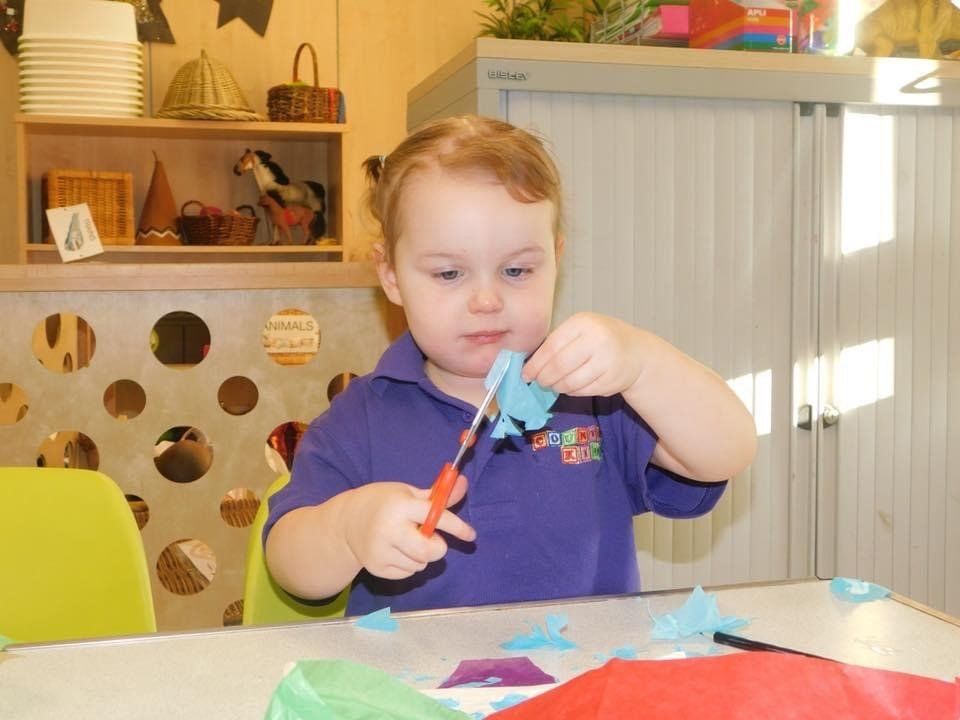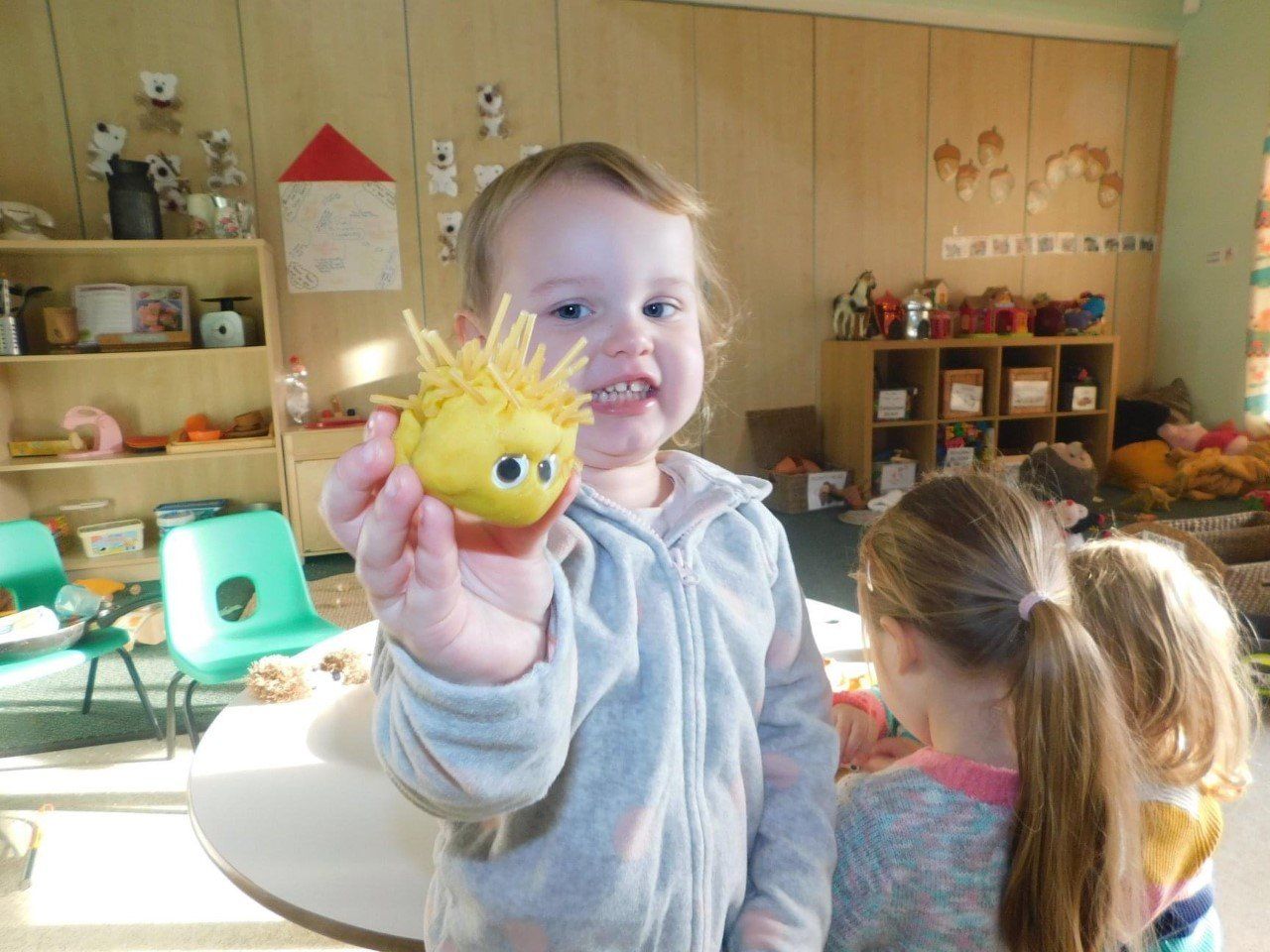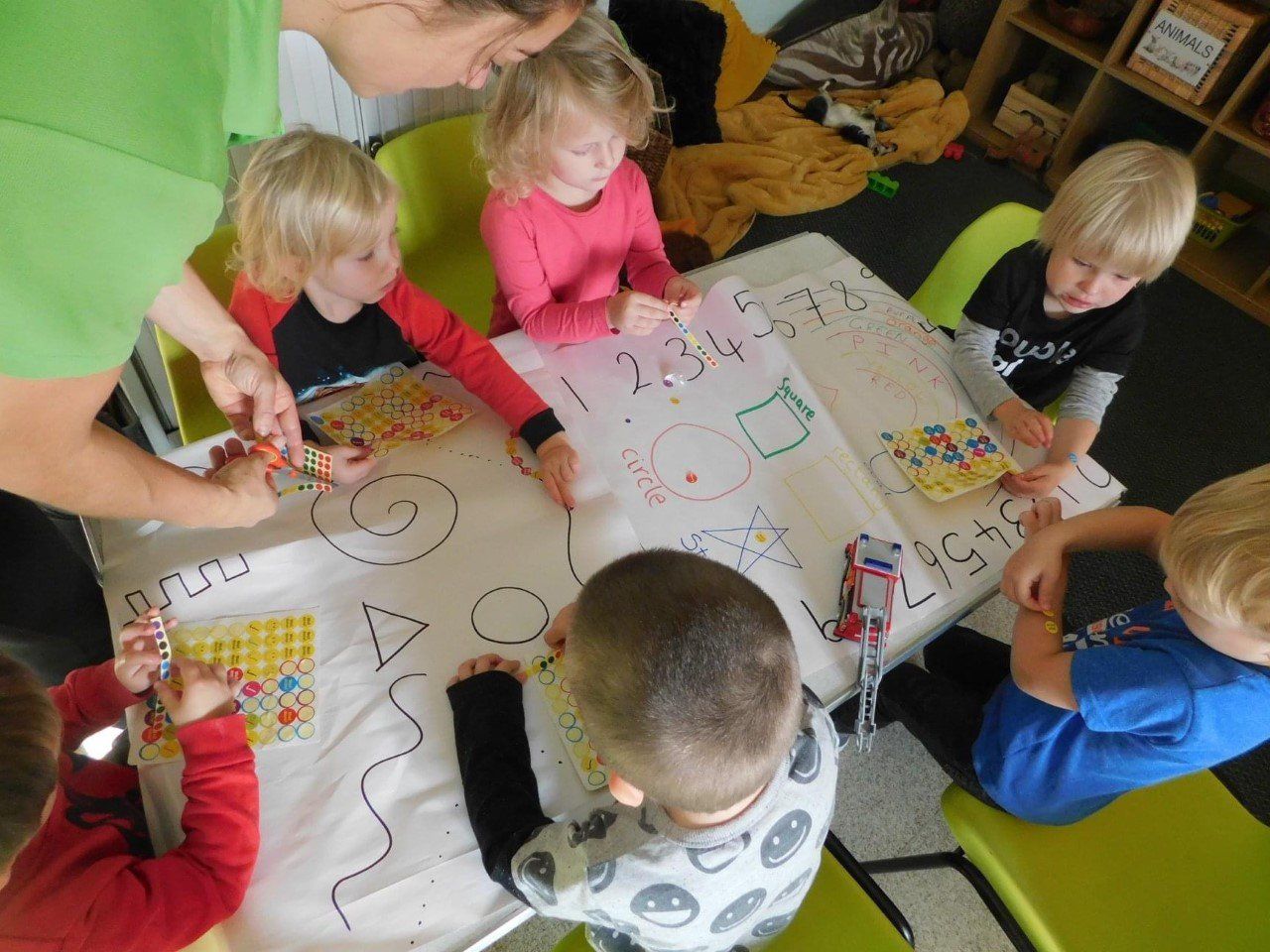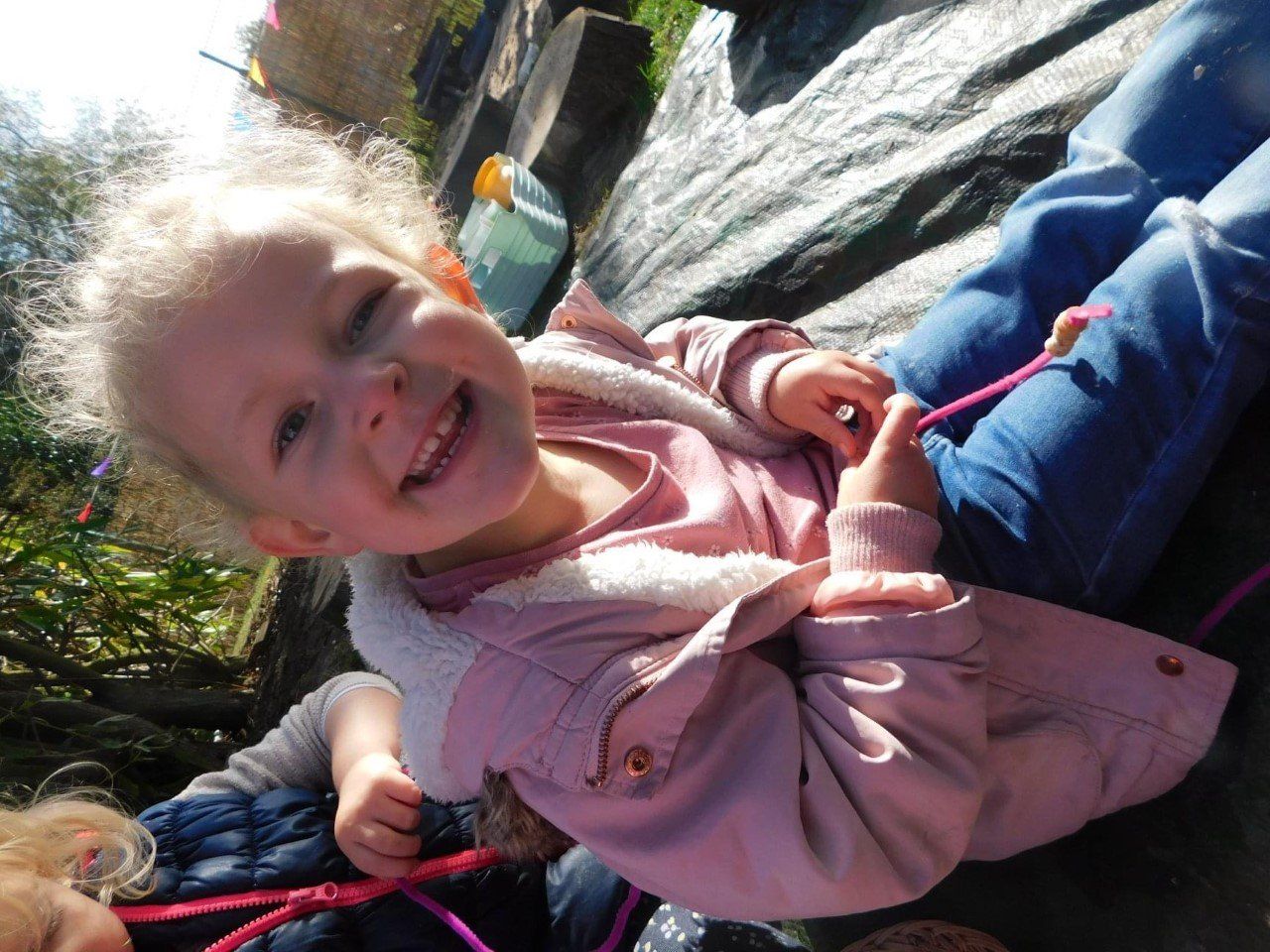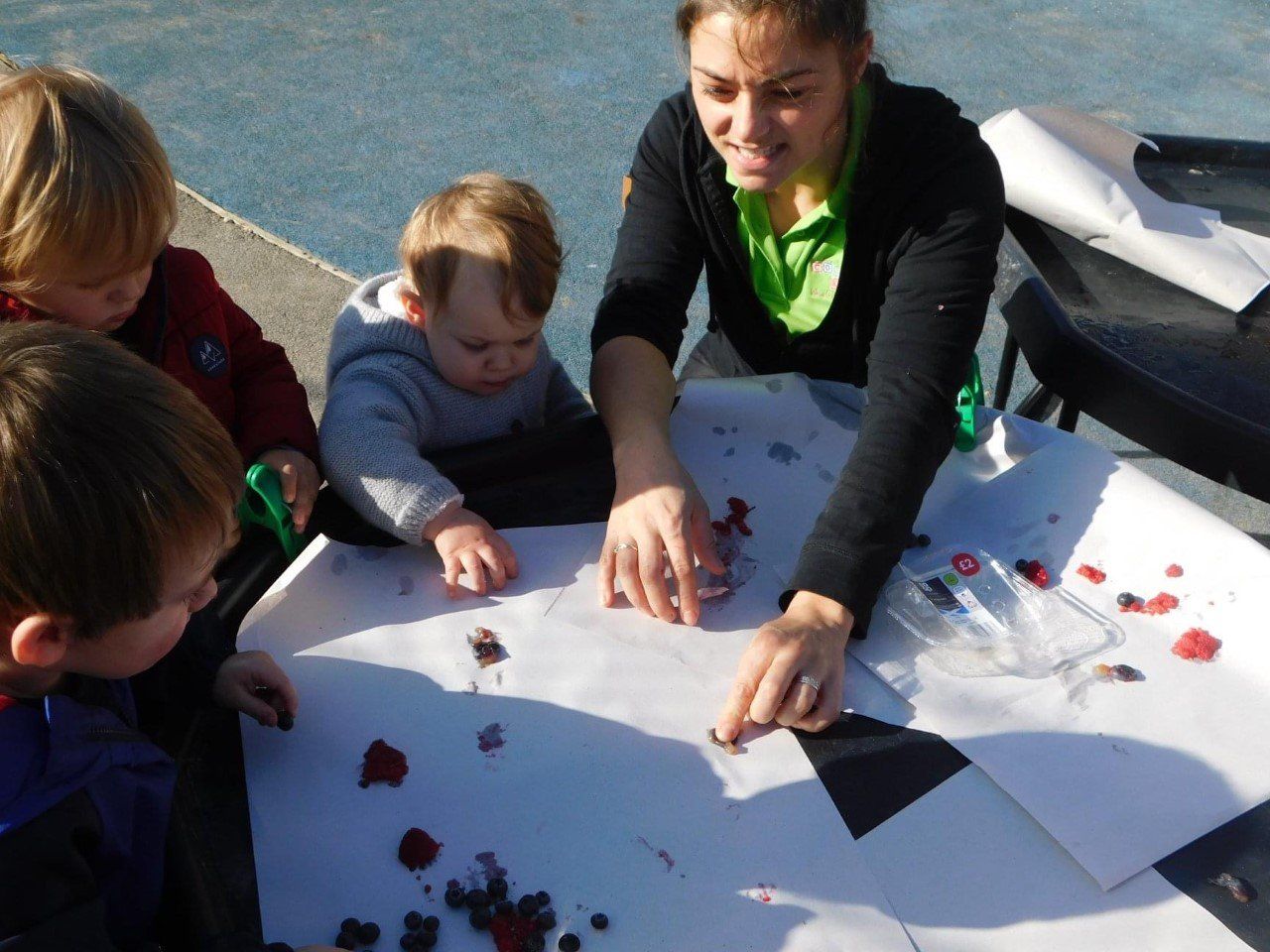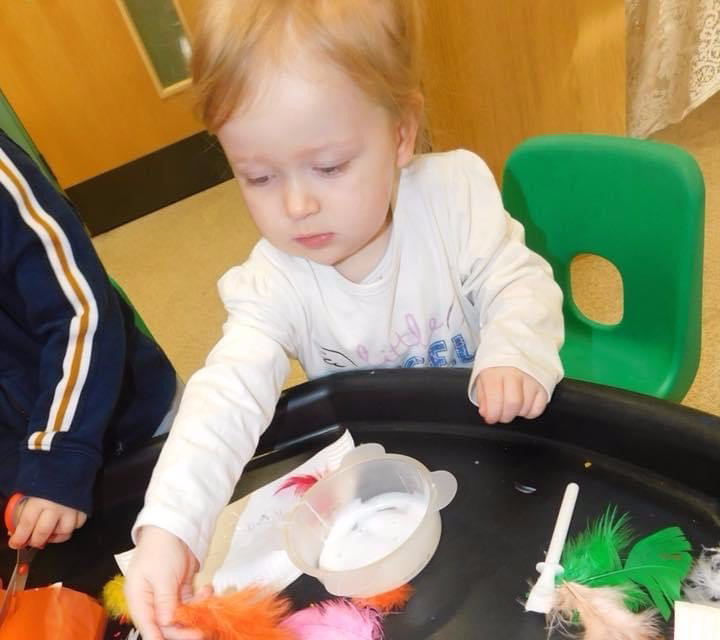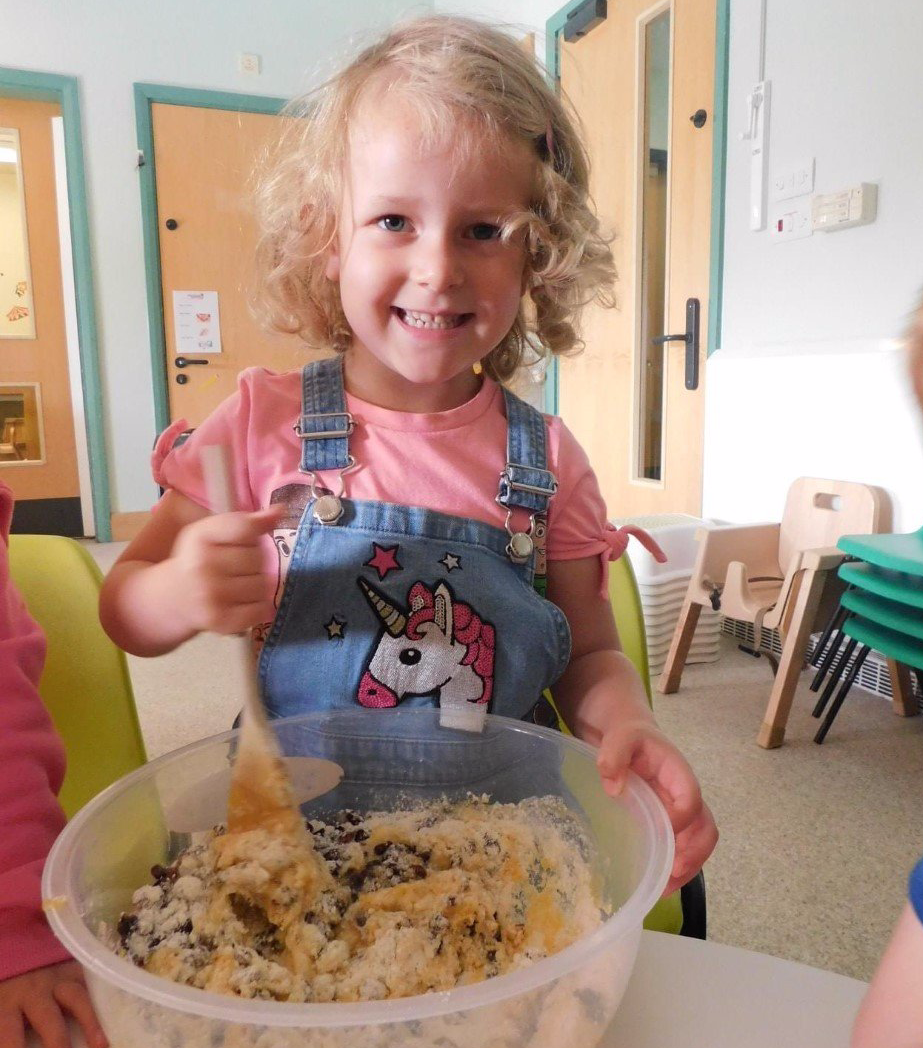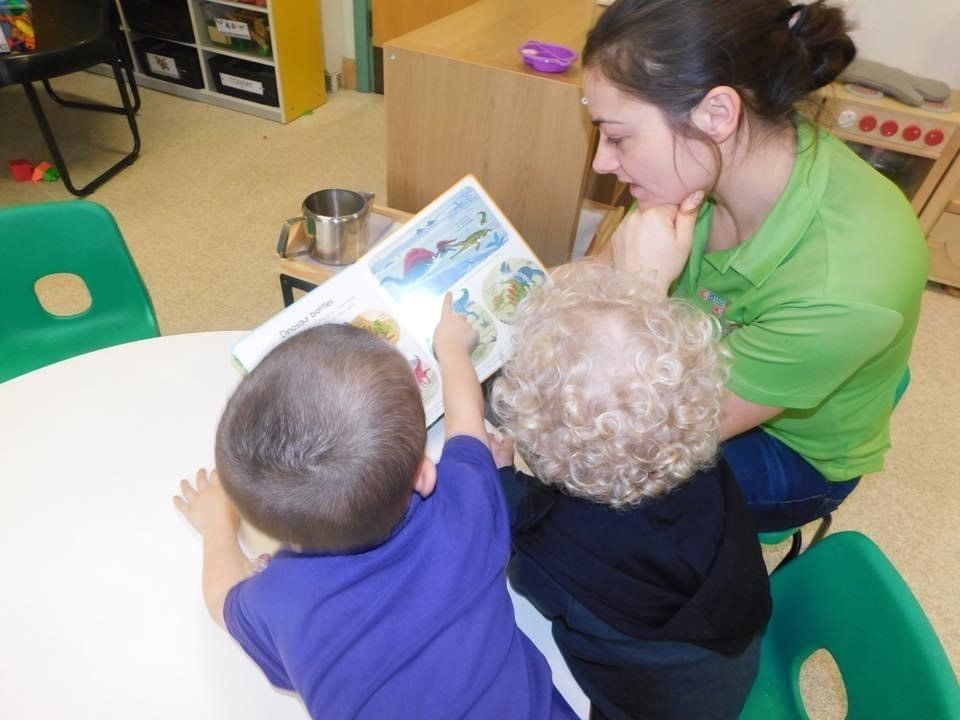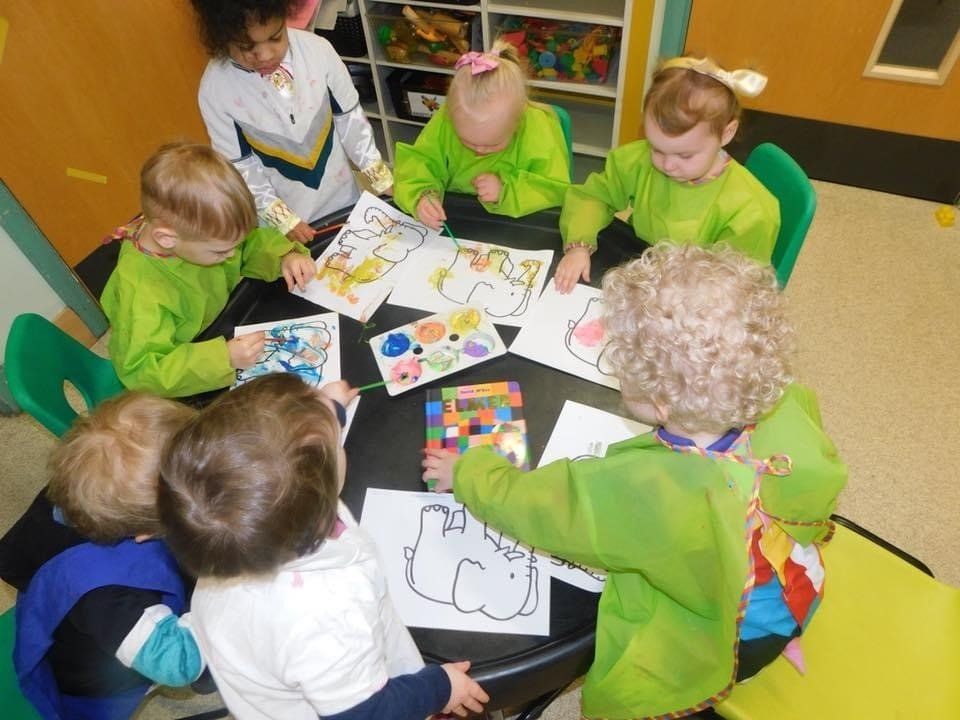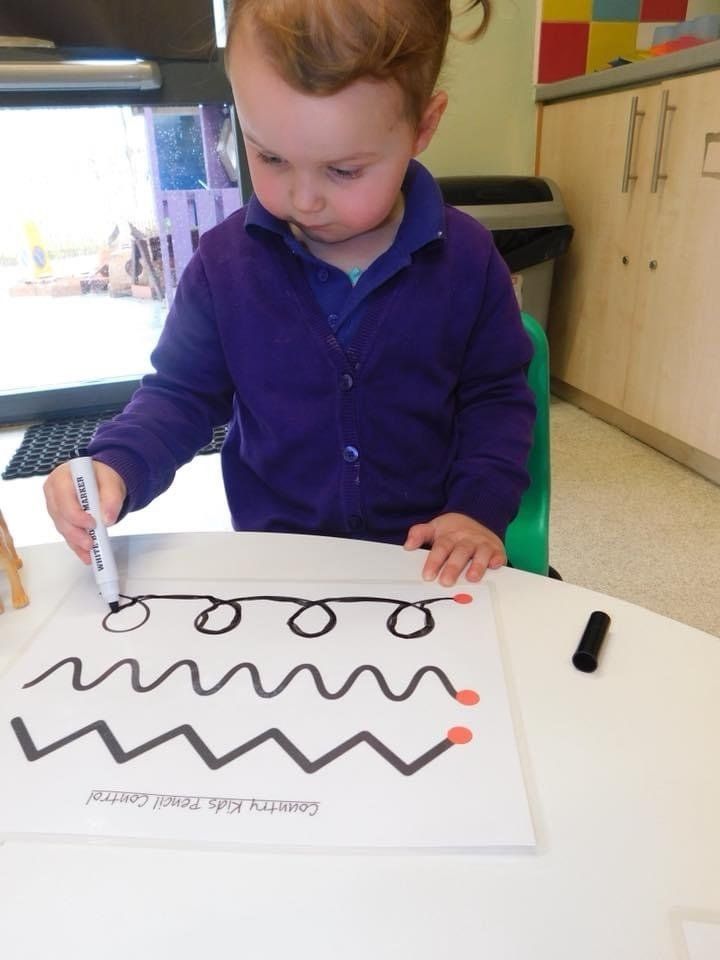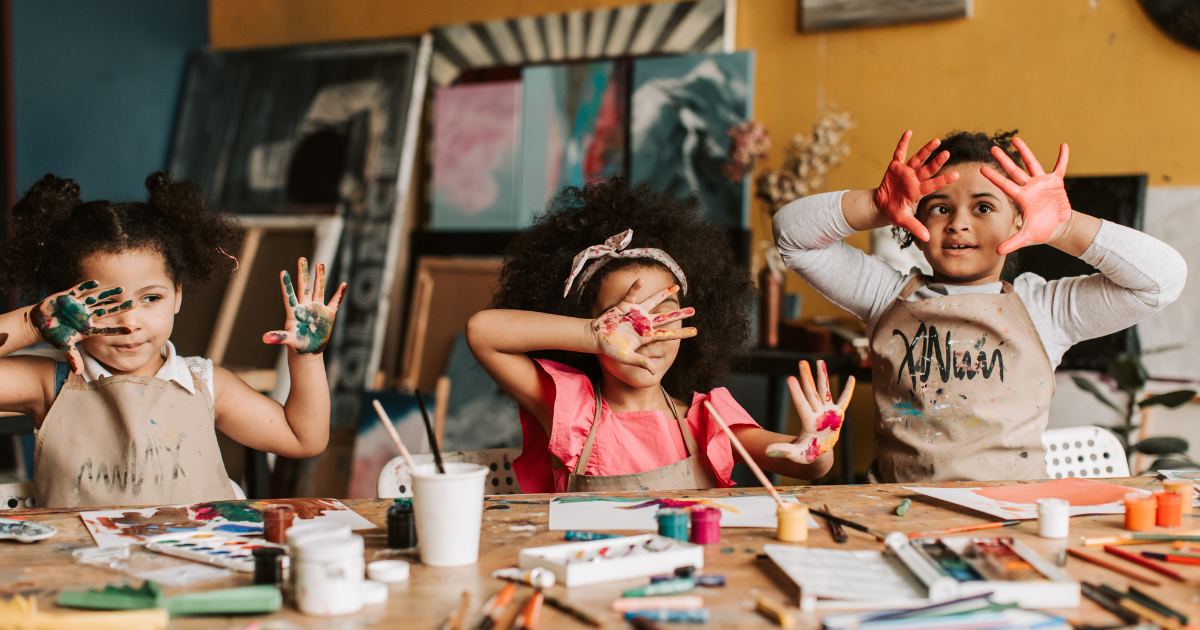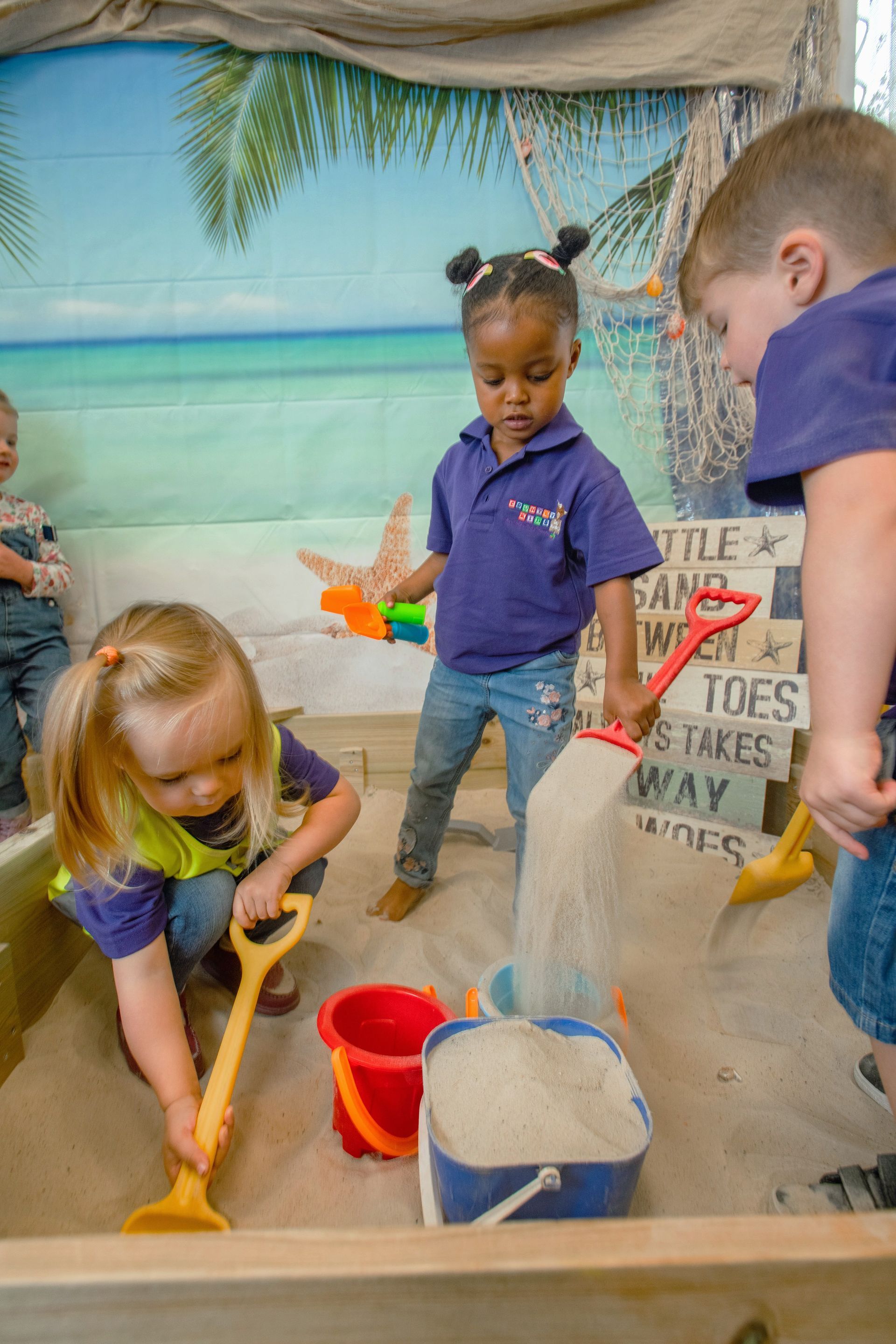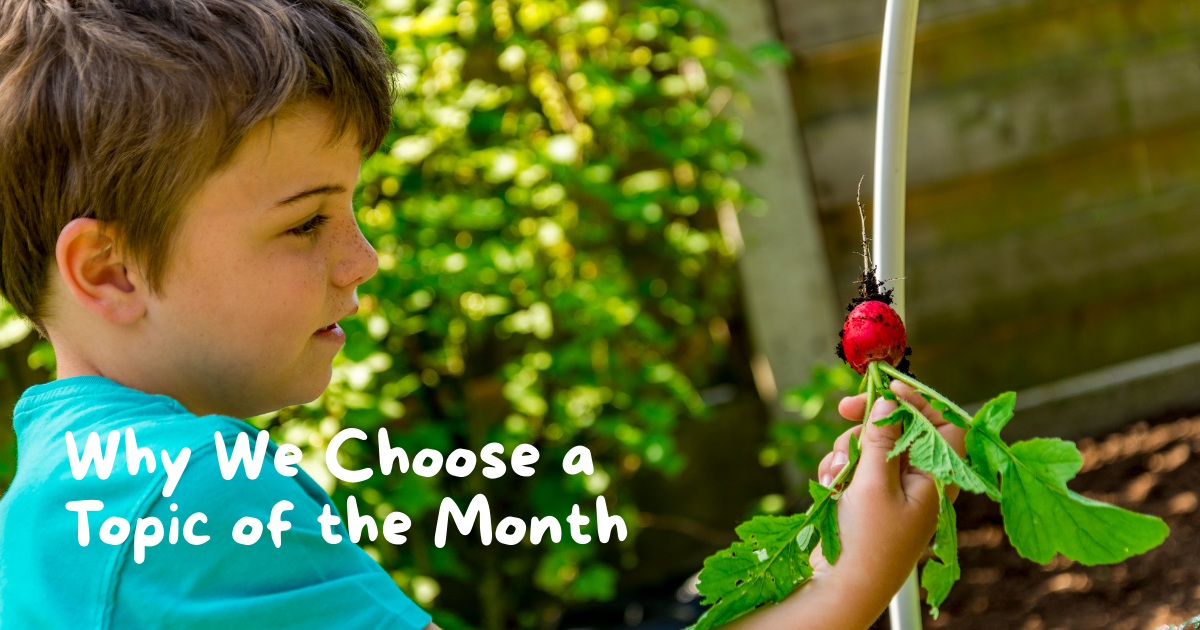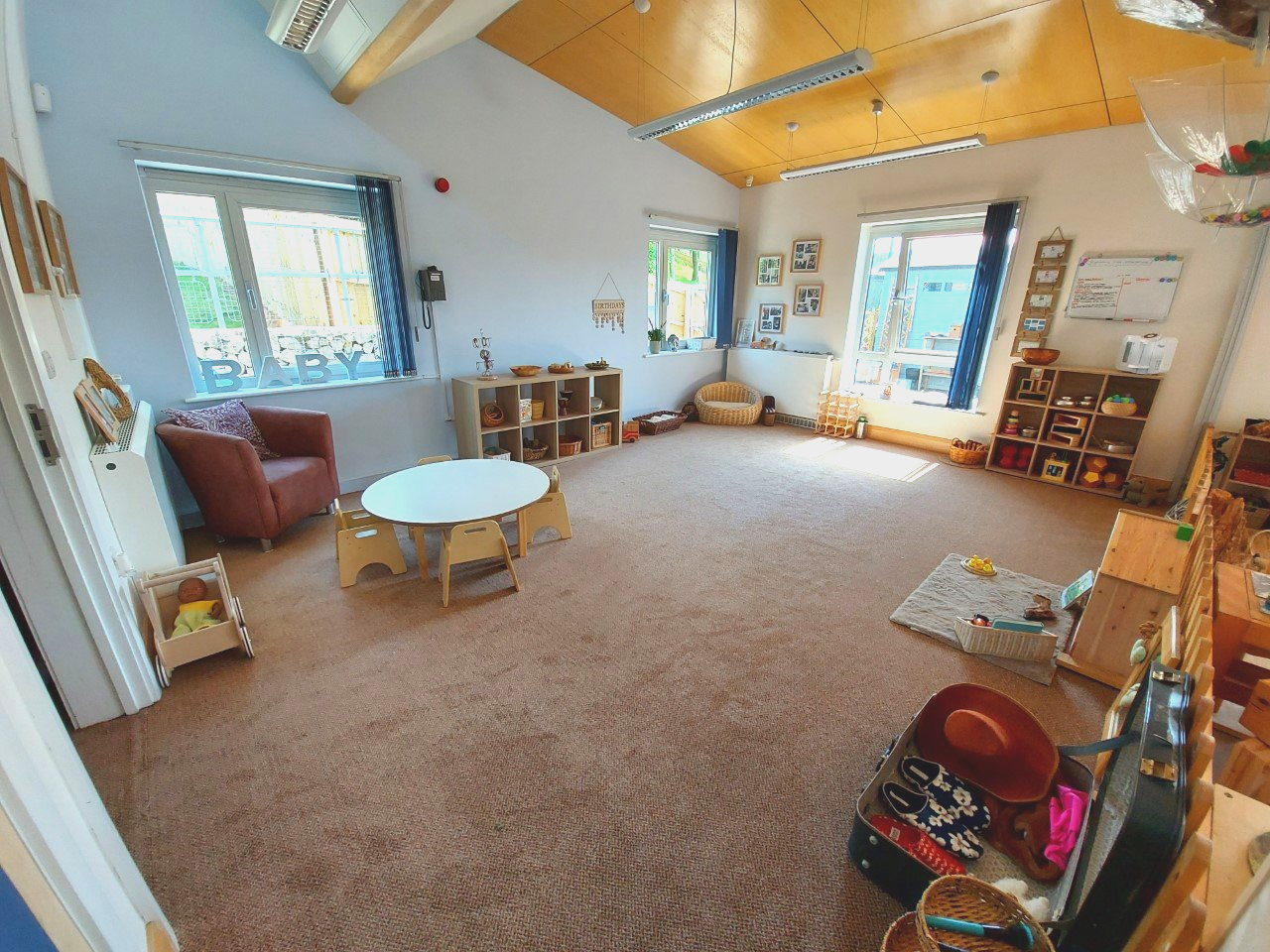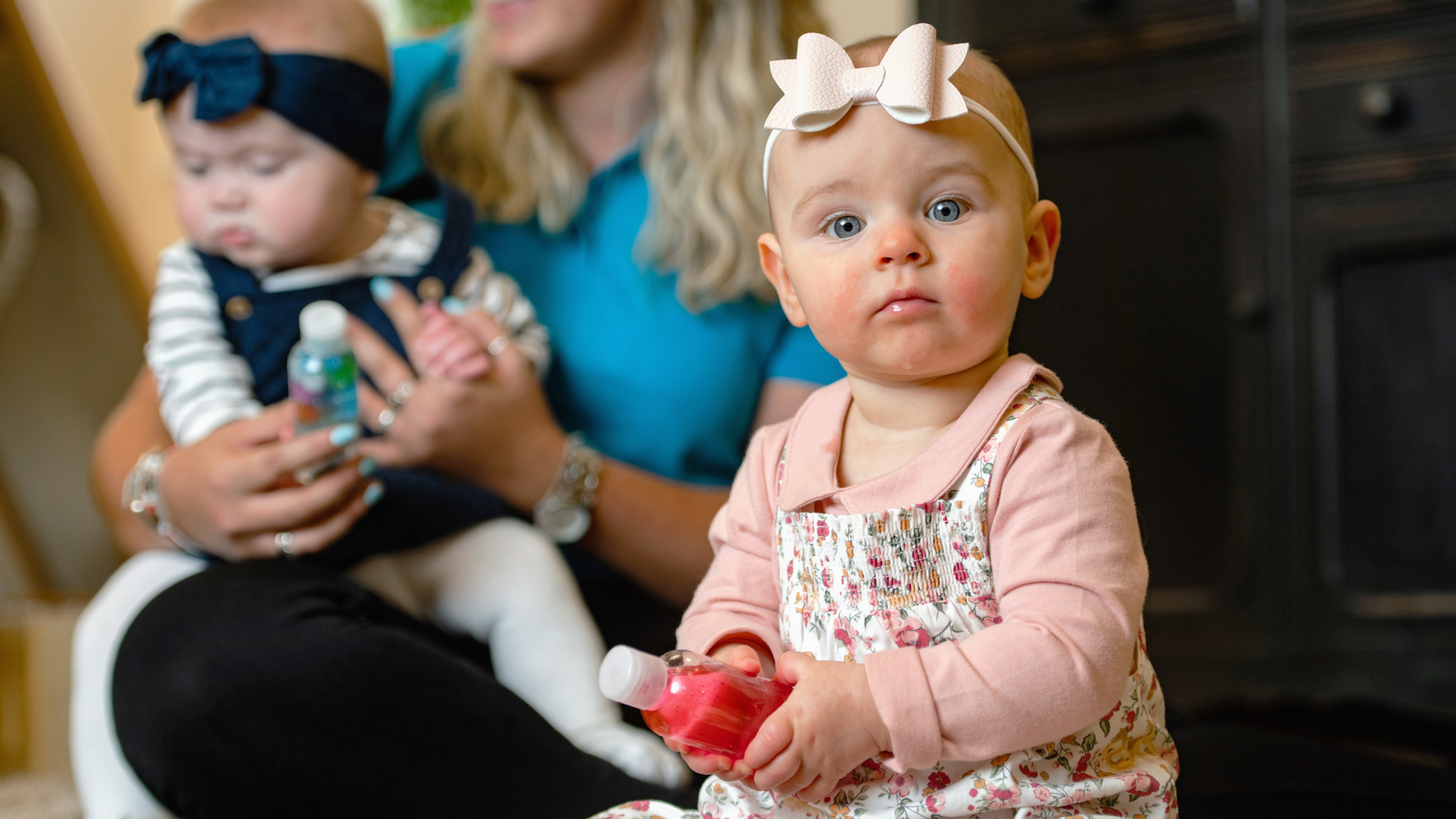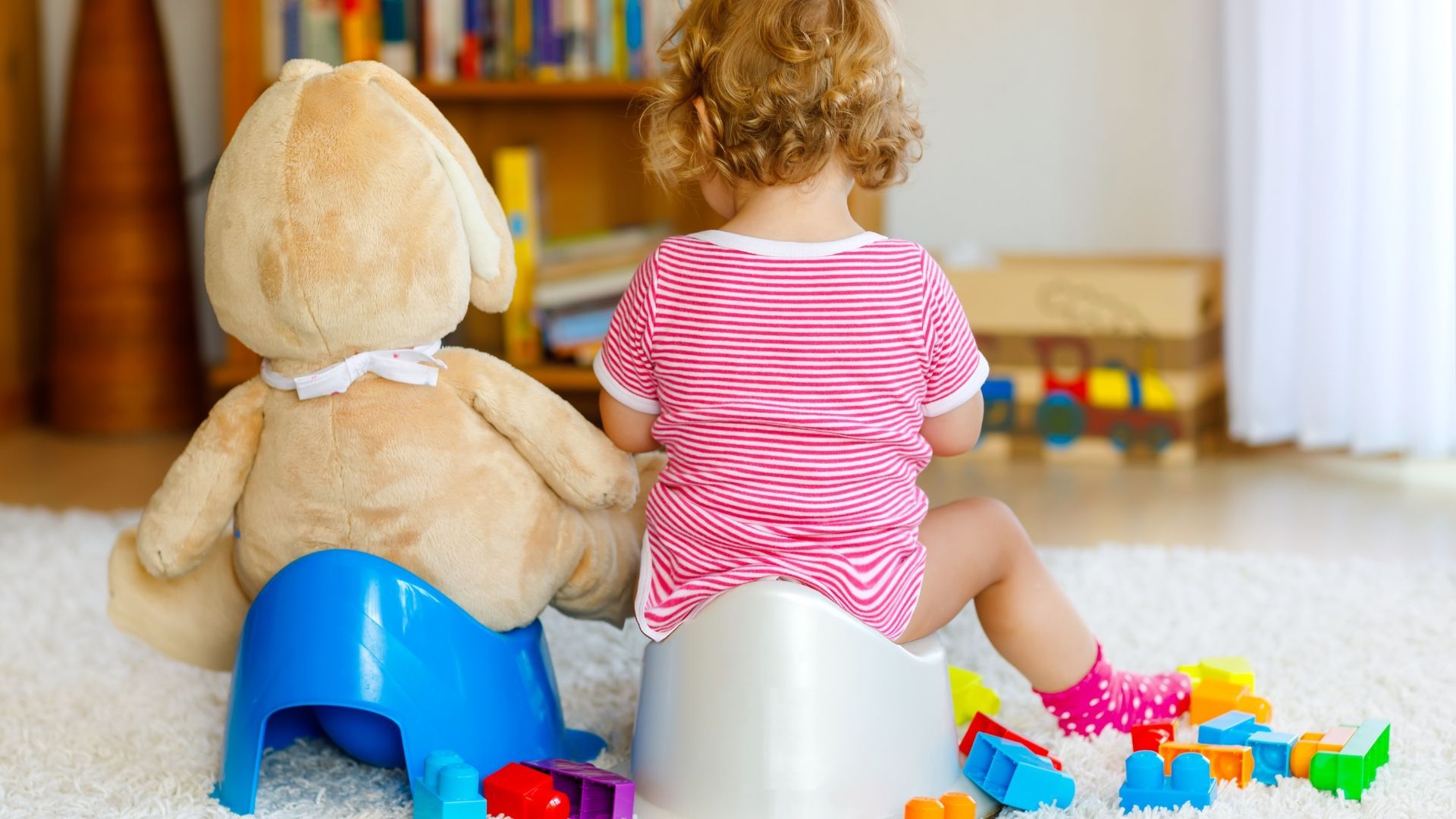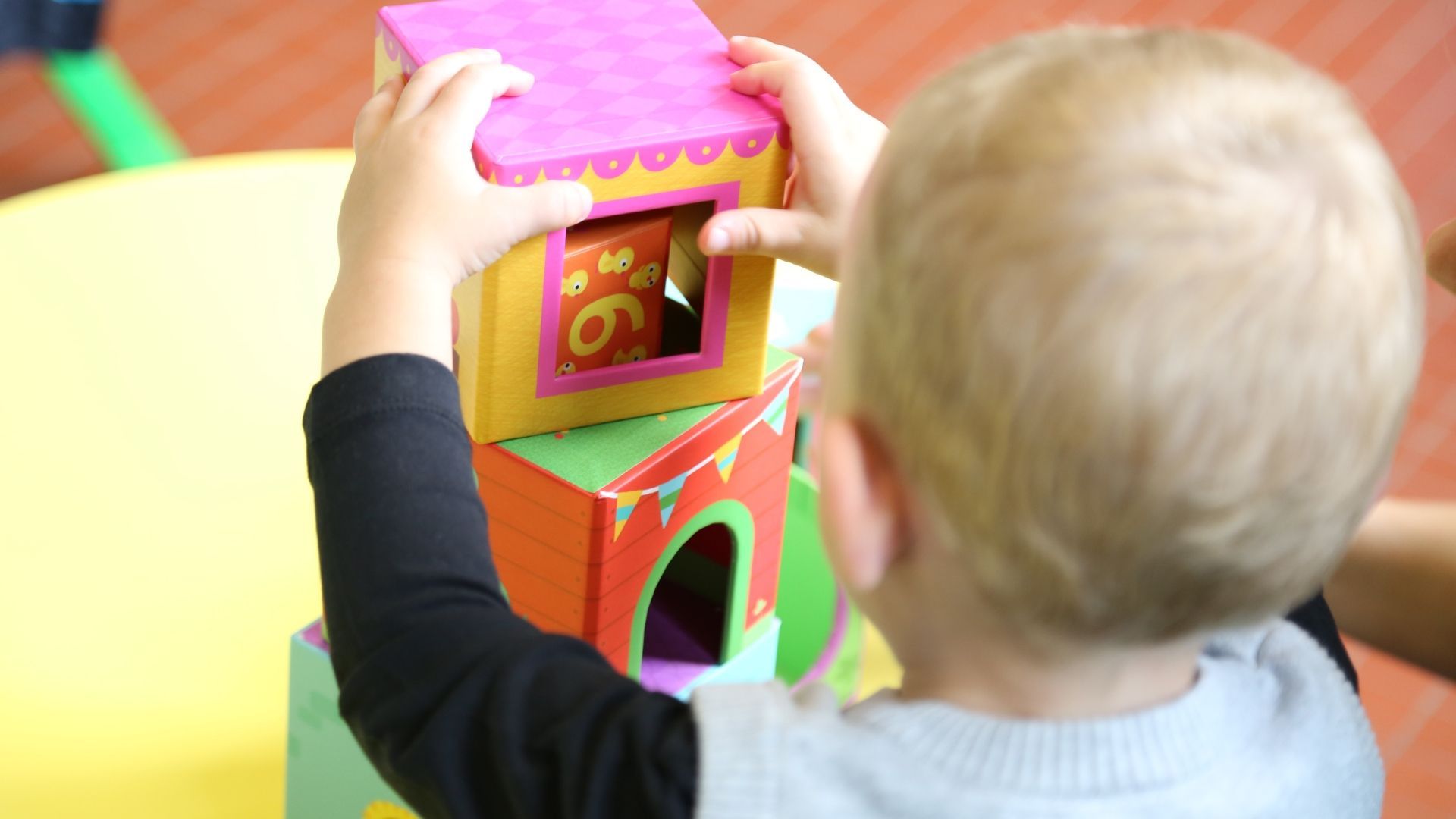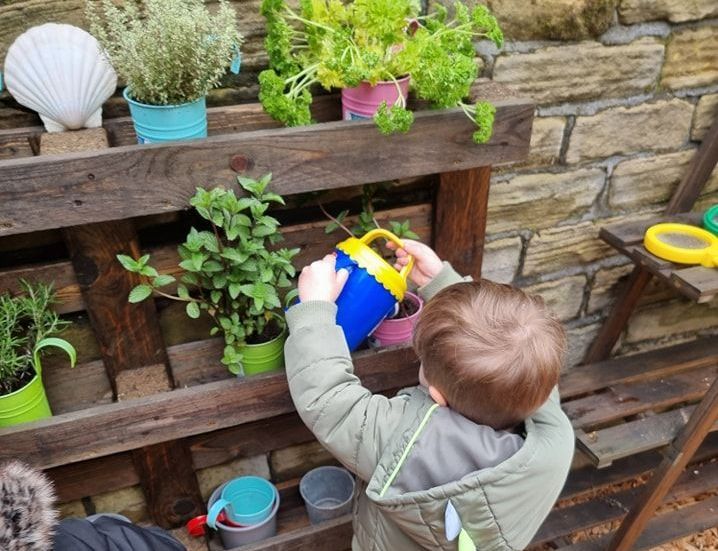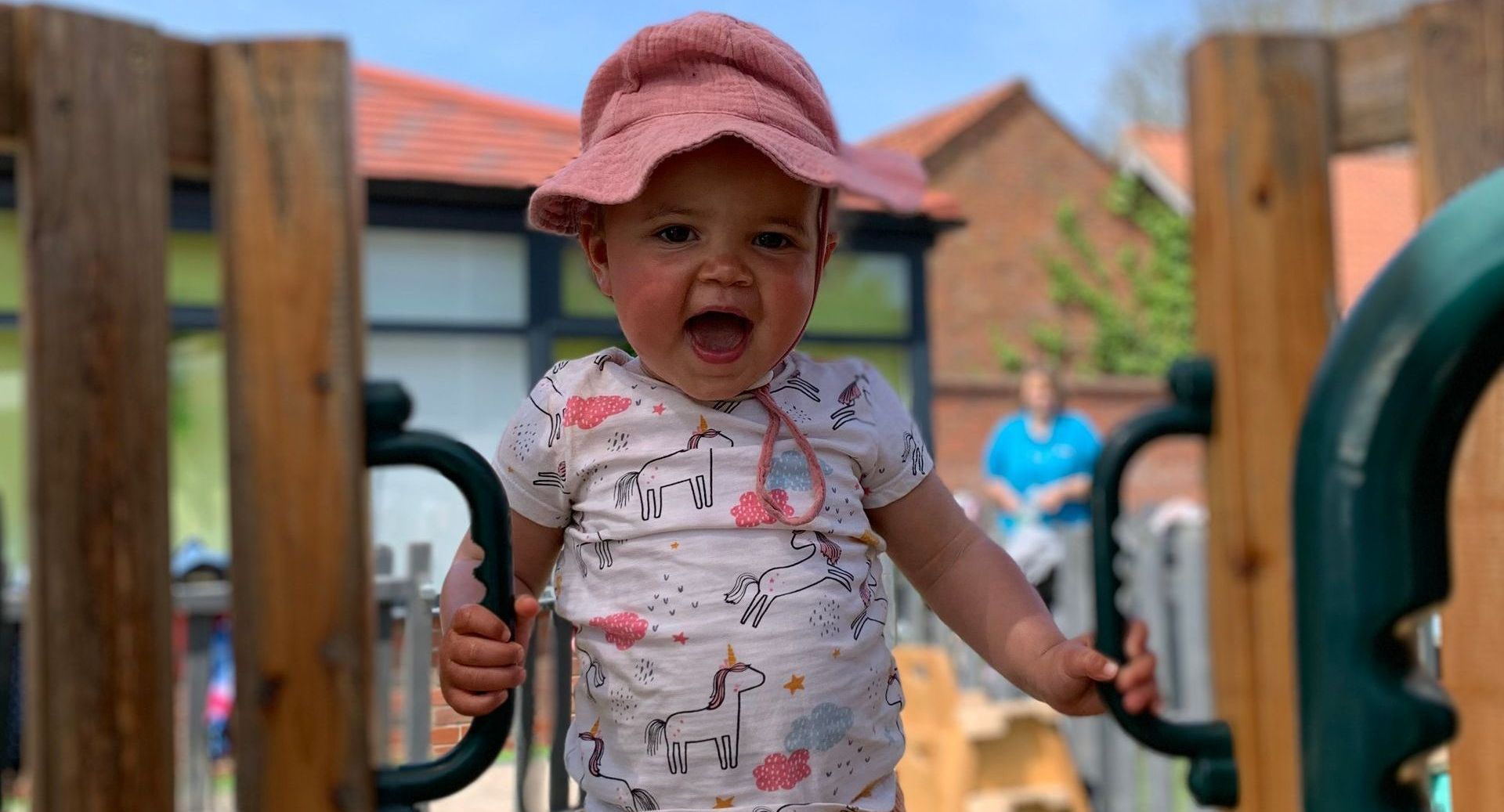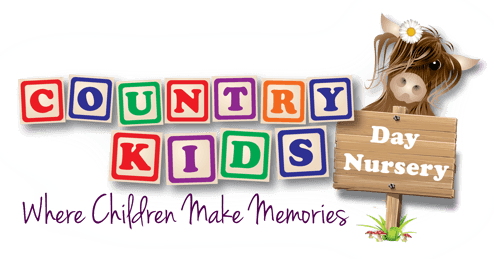Playdough
Playdough is just a fantastic resource for children's learning and development and at Country Kids we believe playdough should be readily available everyday. They can manipulate playdough in their hands by squeezing, pulling, rolling, squashing - all of which are movements to increase strength in their finger muscles. You could also add playdough cutters, where they are pushing cutters down into the playdough and popping them out with their fingers. We often like to add pasta, where they break the spaghetti up and push it into the playdough to make all sorts of monsters and dinosaurs! If you don't have any playdough, here is our playdough recipe!
